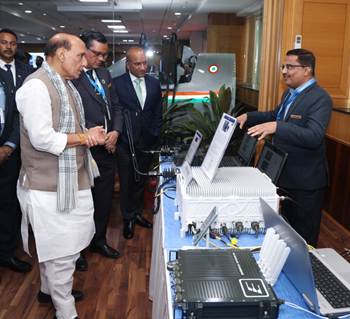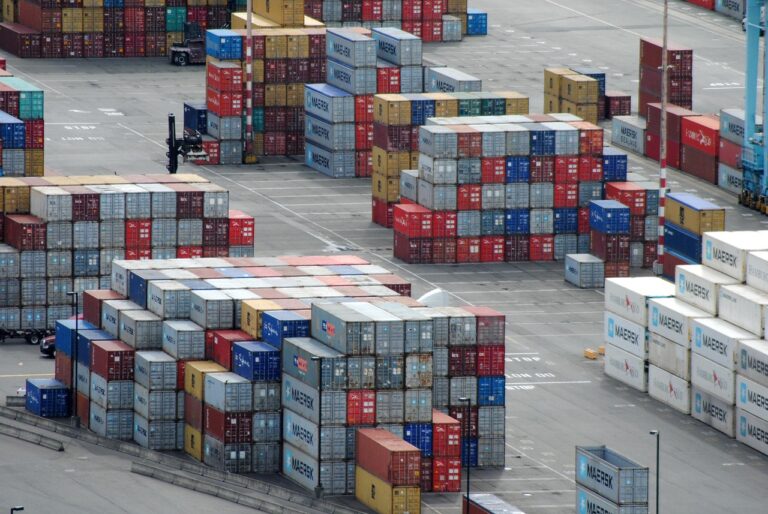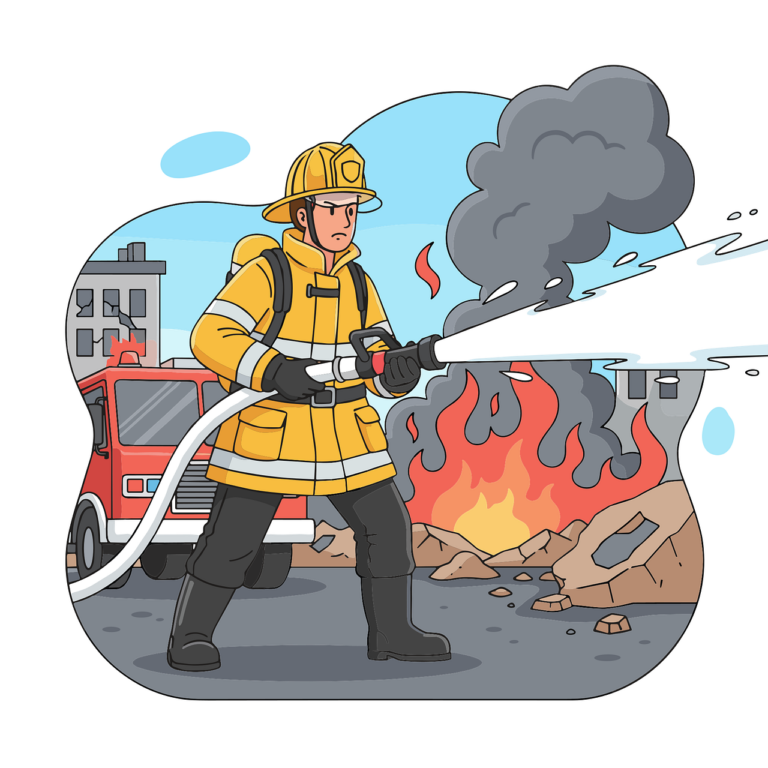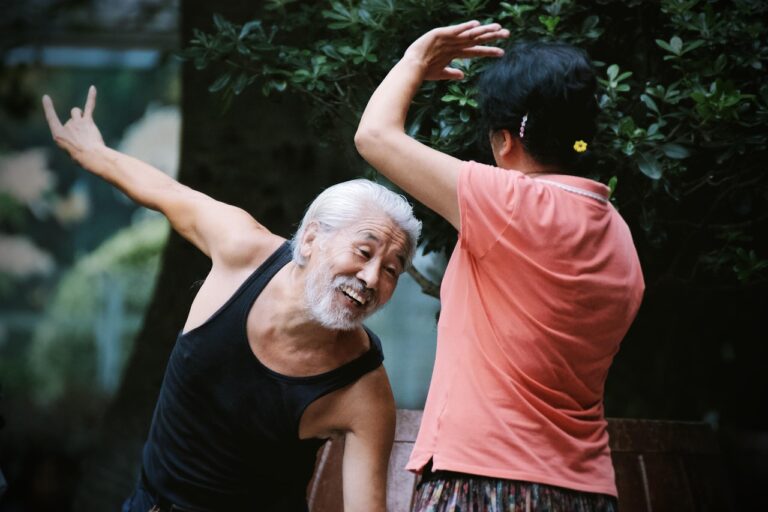
[the_ad_placement id=”adsense-in-feed”]
Geneva: A World Health Organisation survey published today from 105 countries shows that 90% of countries have experienced disruption to their health services. Low- and middle-income countries have been the most affected.
The survey shows that up to 70% of services have been disrupted for essential services including routine immunization, diagnosis and treatment for non-communicable diseases, family planning and contraception, treatment for mental health disorders and cancer diagnosis and treatment.
Many countries have started to implement some of WHO’s recommended strategies to mitigate service disruptions, such as triaging patients to identify priorities, shifting to on-line patient consultations, and changes to prescribing practices.
[the_ad_placement id=”content-placement-after-3rd-paragraph”]
However, only 14% of countries reported removing user fees, which WHO recommends to offset potential financial difficulties for patients.
“In all countries, health systems have been put under extreme pressure, and the true impact of the pandemic in terms of increased sickness and death from other diseases remains to be seen,” WHO Director-General Dr. Tedros Adhanom Ghebreyesus, told media persons here on Monday.
Dr. Ghebreyesus said while the WHO understood that countries wanted to get their societies and economies going again, if countries were serious about opening up, “they must be serious about suppressing transmission and saving lives”.
He warned that no country can just pretend the pandemic is over. “The reality is that this coronavirus spreads easily, it can be fatal to people of all ages, and most people remain susceptible. If countries are serious about opening up, they must be serious about suppressing transmission and saving lives,” WHO Director-General said.
“Opening up without having control is a recipe for disaster,” he further cautioned.
Dr. Ghebreyesus said while WHO fully supported efforts to re-open economies and societies and wanted to see children returning to school and people returning to the workplace , “but we want to see it done safely”.
“Of course, it’s not just schools and businesses that have been affected by COVID-19,” he said.
He stressed focus on “four essential things” to take control:
- Prevent amplifying events as COVID-19 spreads very efficiently among clusters of people such as gatherings of people at stadiums, nightclubs, places of worship and in other crowds;
- Reduce deaths by protecting vulnerable groups, including older people, those with underlying conditions and essential workers – “Countries that do this well may be able to cope with low levels of transmission as they open up”;
- Individuals must stay at least one metre away from others, clean hands regularly, practise respiratory etiquette, and wear a mask and avoid the “three Cs”: closed spaces, crowded places and close-contact settings;
- Governments must take tailored actions to find, isolate, test and care for cases, and trace and quarantine contacts.
– globalbihari bureau
[the_ad_placement id=”sidebar-feed”]





